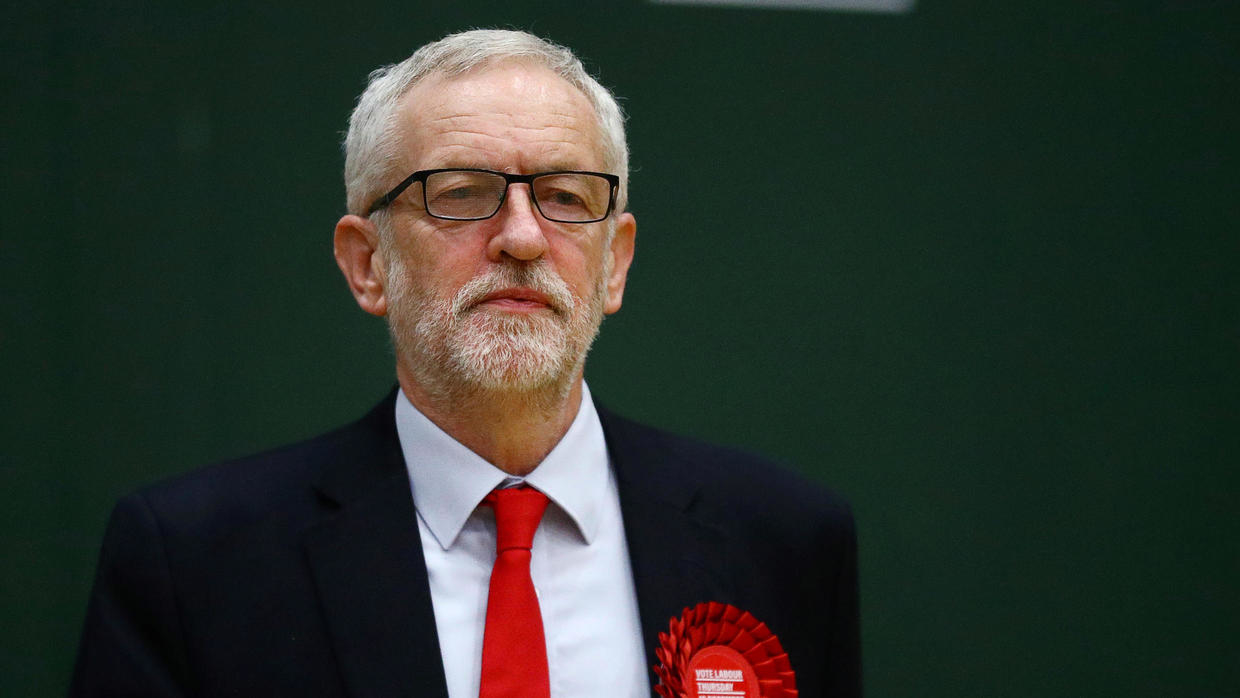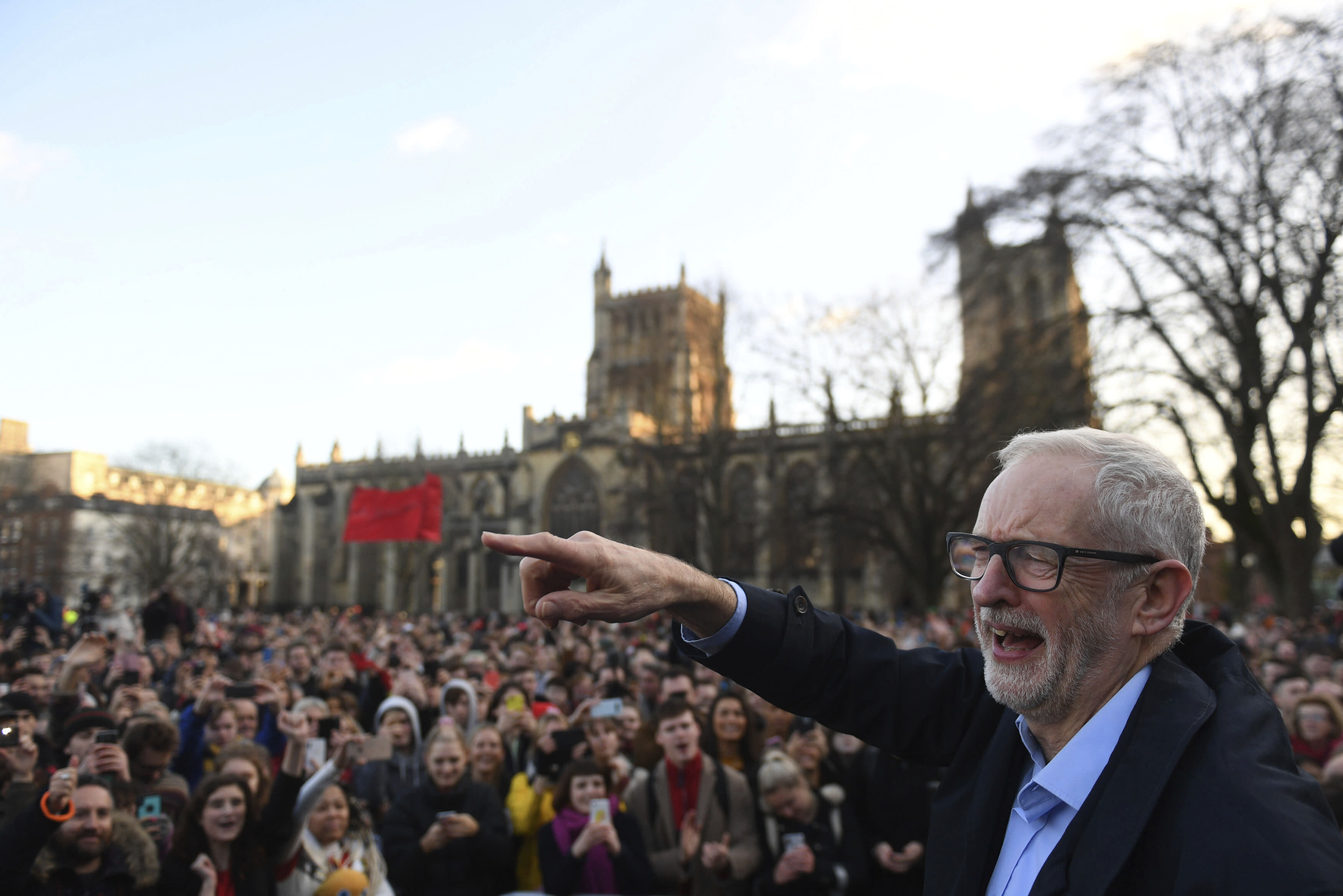Jeremy Corbyn’s Leadership and Campaign Strategy
Jeremy Corbyn’s leadership of the Labour Party during the 2017 general election was a significant factor in the party’s improved performance. Corbyn’s policies, such as increased spending on public services and nationalization of key industries, resonated with voters who had become disillusioned with the Conservative government’s austerity measures. Corbyn’s leadership also helped to mobilize the Labour Party’s grassroots supporters, who had become disengaged with the party under previous leaders.
Corbyn’s Key Campaign Messages and Policies
Corbyn’s key campaign messages focused on social justice and economic equality. He promised to increase spending on public services, such as healthcare and education, and to nationalize key industries, such as the railways and energy companies. Corbyn also pledged to raise taxes on the wealthy and to invest in renewable energy.
Impact of Corbyn’s Leadership on the Labour Party’s Performance, General election jeremy corbyn
Corbyn’s leadership had a significant impact on the Labour Party’s performance in the 2017 general election. The party increased its vote share by 9.6%, and won 32 more seats than in the 2015 election. Corbyn’s leadership also helped to mobilize the Labour Party’s grassroots supporters, who had become disengaged with the party under previous leaders.
The Impact of Brexit on the Election
Brexit played a significant role in the 2017 general election. The issue divided the two major parties, with the Conservatives promising to “get Brexit done” and the Labour Party advocating for a softer Brexit. The Liberal Democrats and the Scottish National Party both campaigned on platforms of remaining in the European Union.
The impact of Brexit on the election was significant. The Conservatives won the most seats in Parliament, but lost their majority. The Labour Party made significant gains, but remained in opposition. The Liberal Democrats and the Scottish National Party both gained seats, but remained minor parties.
The 2017 general election was the first major electoral test of public opinion on Brexit. The results showed that the country was deeply divided on the issue. The outcome of the election left the UK facing a period of uncertainty, as the government and Parliament sought to negotiate a Brexit deal that would satisfy both the UK and the EU.
The Role of Social Media in the Election

General election jeremy corbyn – Social media played a significant role in the 2017 general election. Political parties and candidates used social media to reach out to voters, share their messages, and engage in political debates. Social media also allowed voters to follow the election campaign and share their views with others.
The use of social media in the election campaign had a number of impacts. First, it allowed political parties and candidates to reach a wider audience than ever before. Second, it allowed voters to engage with political parties and candidates in a more direct way than ever before. Third, it allowed voters to share their views with others and to get involved in the political debate.
Key Trends and Developments
There were a number of key trends and developments in the use of social media in the 2017 general election. First, there was a significant increase in the use of social media by political parties and candidates. Second, there was a shift towards using social media for more than just sharing news and information. Third, there was a growing use of social media for political advertising.
The Media Coverage of the Election: General Election Jeremy Corbyn

The British media played a significant role in the 2017 general election. The tone and framing of the media coverage had a major impact on the campaign, and there were accusations of bias and distortion from both sides of the political spectrum.
One of the most striking features of the media coverage was the focus on Jeremy Corbyn, the Labour leader. Corbyn was often portrayed in a negative light, with many newspapers and broadcasters highlighting his perceived weaknesses and gaffes. This negative coverage may have contributed to Labour’s poor performance in the election.
Bias and Distortion
There were also accusations of bias and distortion in the media coverage of the election. Some commentators argued that the media was biased in favor of the Conservative Party, while others claimed that it was biased against Labour. These accusations were based on a number of factors, including the tone of the coverage, the selection of stories, and the prominence given to different candidates and parties.
It is difficult to say definitively whether or not the media coverage of the 2017 general election was biased. However, there is no doubt that the media played a significant role in the campaign, and that the tone and framing of the coverage had a major impact on the outcome.
The Results of the Election
The 2017 general election resulted in a hung parliament, with no party winning an overall majority. The Conservative Party, led by Theresa May, won the most seats (317), but fell short of the 326 needed to form a majority government. The Labour Party, led by Jeremy Corbyn, made significant gains, increasing its number of seats from 232 to 262. The Scottish National Party (SNP) won 35 seats, the Liberal Democrats won 12 seats, and the Democratic Unionist Party (DUP) won 10 seats.
The election results were a major surprise, as most polls had predicted a Conservative victory. The Conservatives’ failure to win a majority was attributed to a number of factors, including May’s unpopularity, the party’s manifesto, and the rise of the Labour Party under Corbyn.
The election results have significant implications for British politics. The hung parliament means that the government will have to rely on the support of other parties to pass legislation. This could lead to instability and uncertainty. The election also saw the rise of the Labour Party under Corbyn, who has pledged to implement a number of left-wing policies. This could lead to a shift in the political landscape of the UK.
Key Factors that Contributed to the Outcome of the Election
There were a number of key factors that contributed to the outcome of the 2017 general election. These include:
- Theresa May’s unpopularity
- The Conservative Party’s manifesto
- The rise of the Labour Party under Corbyn
- The role of social media
- The media coverage of the election
Implications of the Election Results for British Politics
The election results have significant implications for British politics. These include:
- The hung parliament means that the government will have to rely on the support of other parties to pass legislation.
- The election saw the rise of the Labour Party under Corbyn, who has pledged to implement a number of left-wing policies.
- The election results could lead to instability and uncertainty in British politics.
